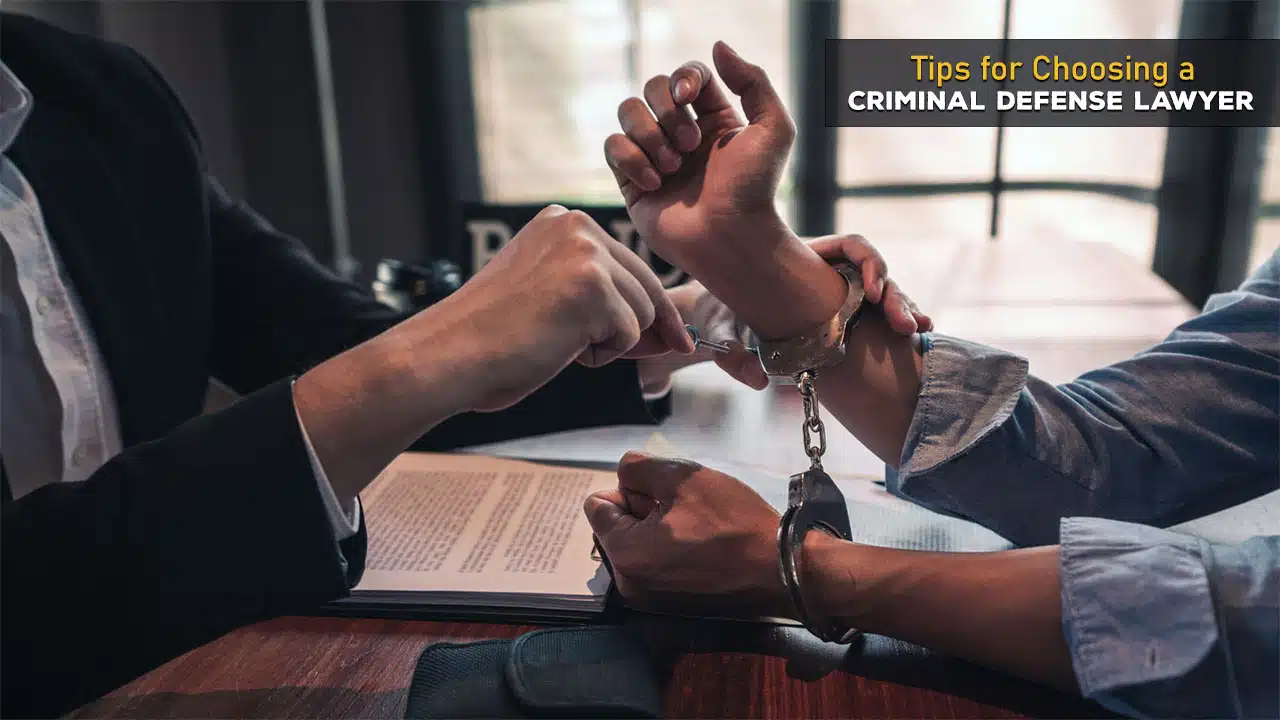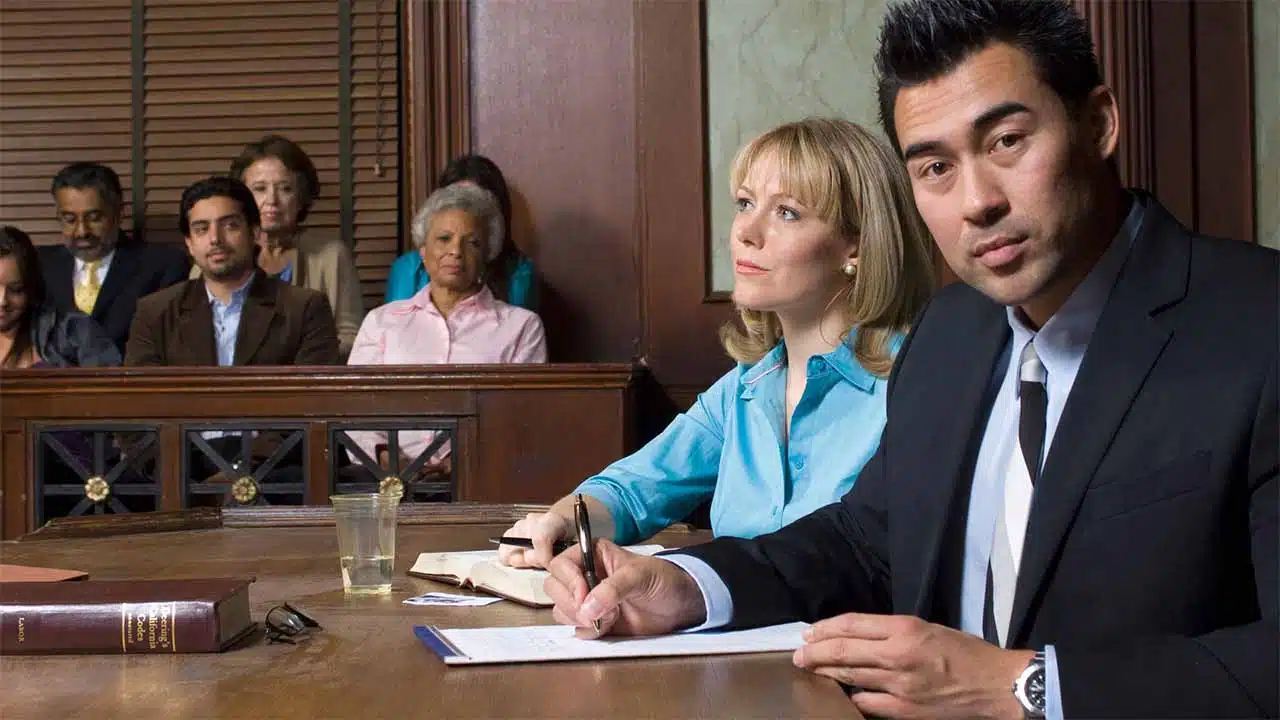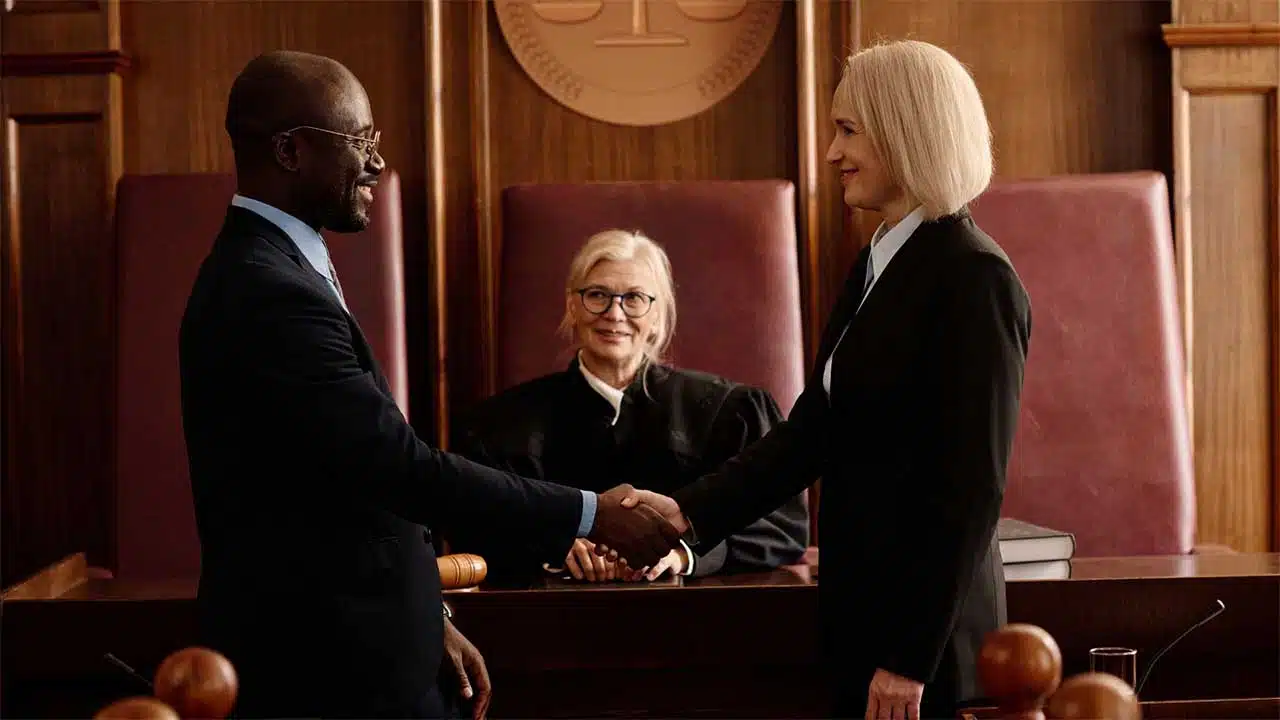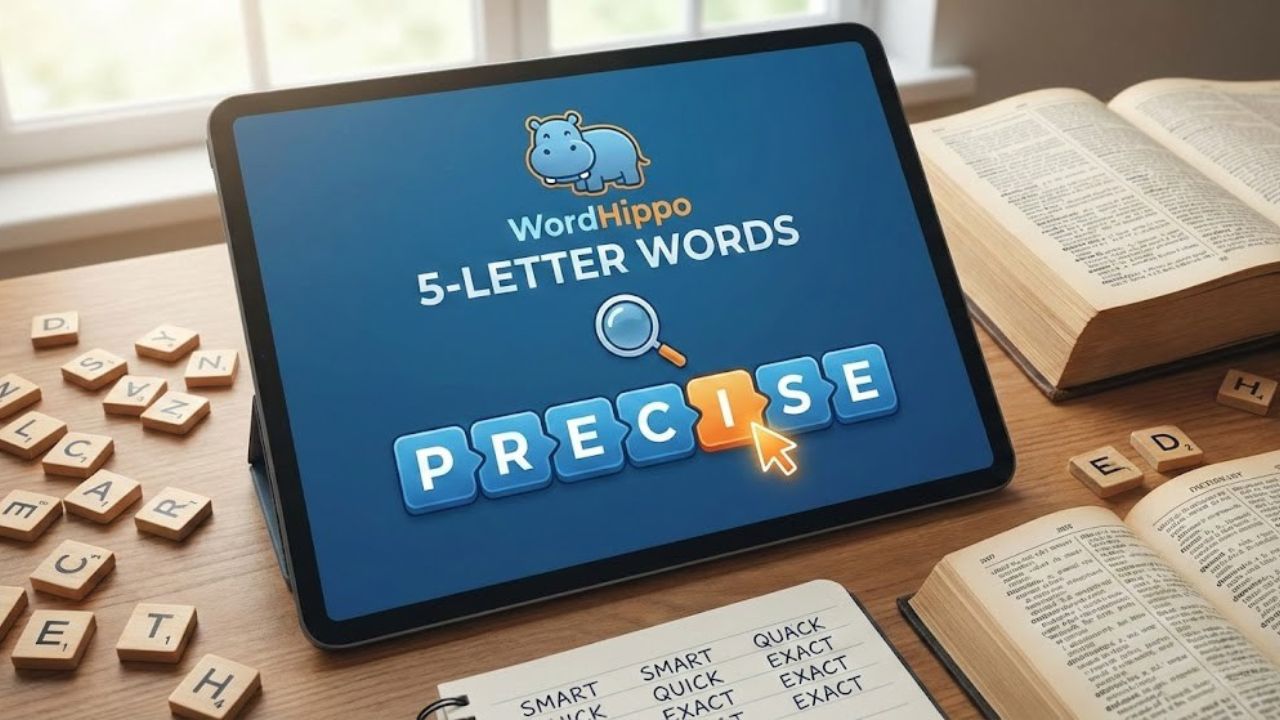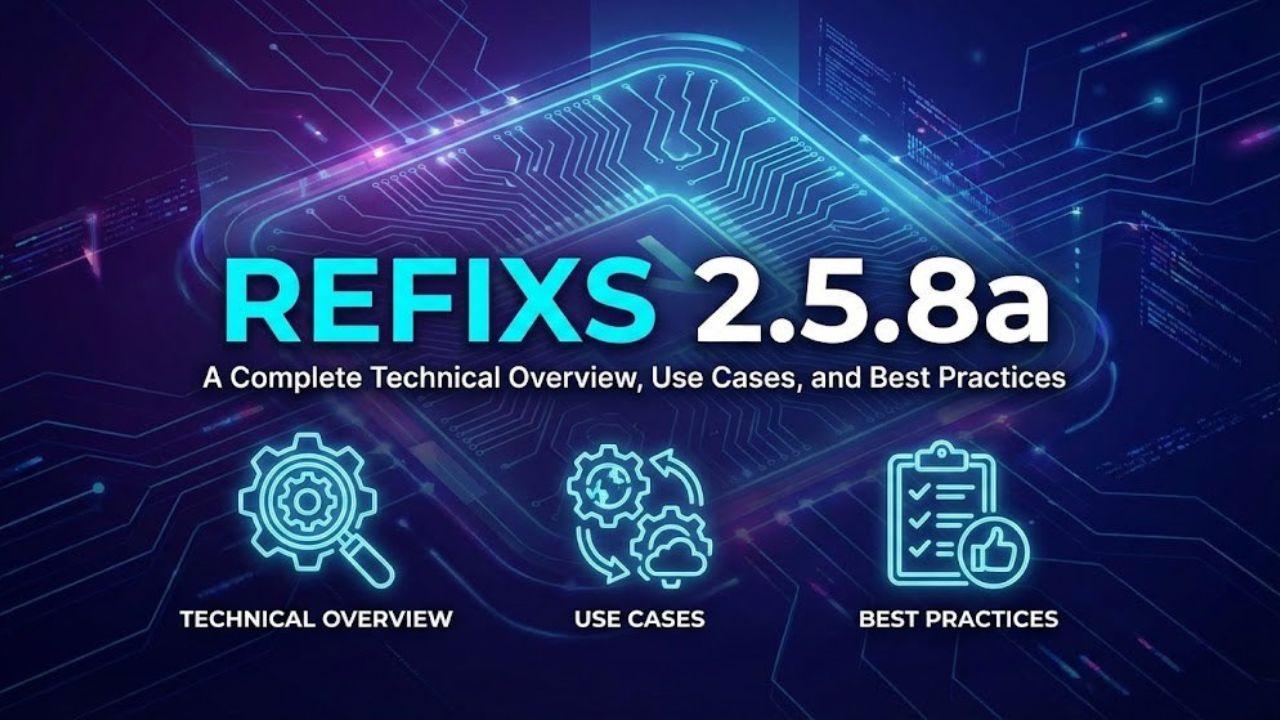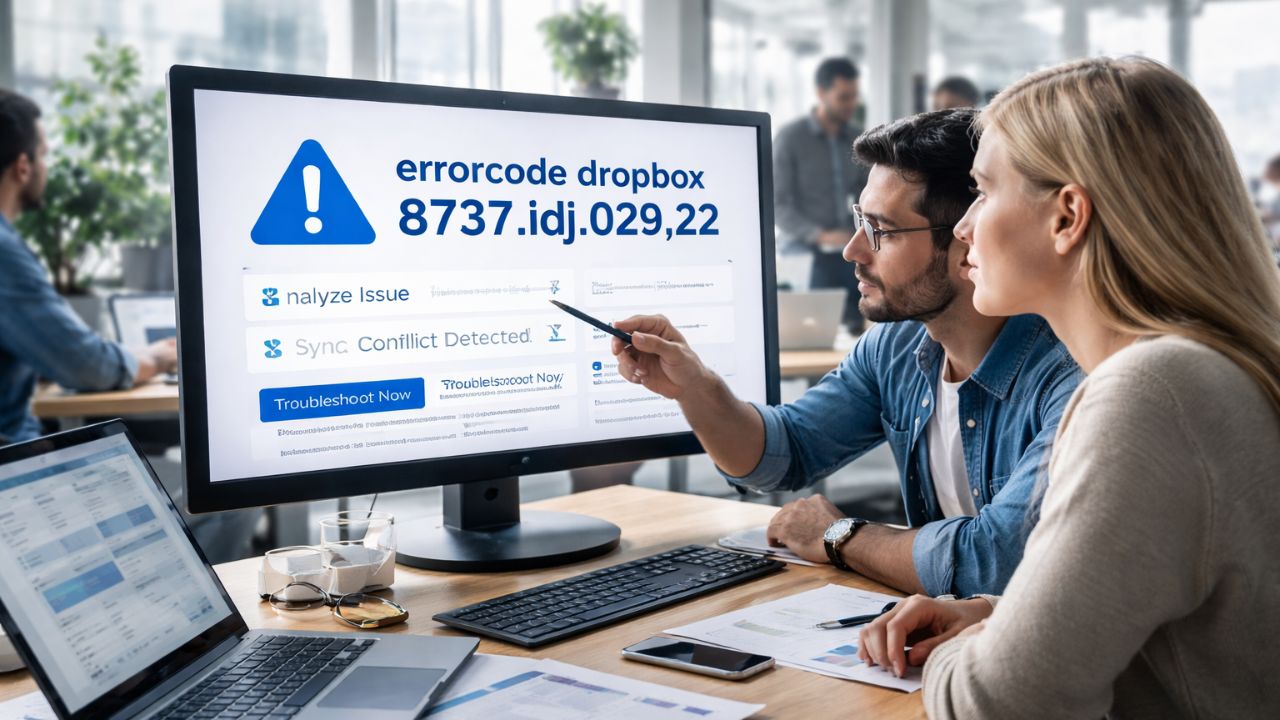Choosing a criminal defense lawyer can be a tough decision. You want someone to fight for your rights and get the best possible outcome. But with so many options, how do you know which attorney is right for you?
The right criminal defense lawyer can make a big difference in your case. They should have experience with cases like yours and know the local courts well. A good lawyer will explain things clearly, answer your questions, and update you.
They’ll also have a transparent fee structure, so you know what to expect. Taking time to find the best attorney for your situation is essential.
Understanding the Role of a Criminal Defense Lawyer
Criminal defense lawyers protect your rights and fight for you in court. They handle many tasks to build a strong defense for your case.
Key Responsibilities
Criminal defense lawyers do much more than just show up in court. They investigate your case thoroughly, gathering evidence and interviewing witnesses. They file essential legal documents and challenge evidence against you.
These lawyers negotiate with prosecutors to get charges reduced or dismissed. In court, they present your side of the story and cross-examine witnesses. They also advise you on plea deals and help you understand the legal process.
Your lawyer will keep you informed about your case and explain your options. They make sure police and prosecutors respect your rights throughout the process.
Skills and Expertise Required
Criminal defense lawyers need sharp legal skills and deep knowledge of criminal law. They must be great public speakers to argue effectively in court. Strong writing abilities help them create persuasive legal documents.
These lawyers need excellent research and analytical skills to build solid defense strategies. They should be good negotiators when working out plea deals. People skills are crucial for working with clients, witnesses, and court personnel.
Criminal defense lawyers stay updated on changing laws and court decisions. They often specialize in certain types of cases like DUIs or white-collar crimes. Experience in local courts is valuable for understanding how judges and prosecutors operate.
1. Research potential attorneys thoroughly
Are you looking for a criminal defense lawyer? Start by digging into their backgrounds. Check out their websites and online profiles. Look for info about their education, experience, and track record.
Read reviews from past clients. These can give you a sense of how the lawyer works and treats people. Don’t just rely on one or two reviews – try to get a broad picture.
Ask around for recommendations. Friends, family, or other lawyers might know someone good. But remember, what worked for them might not be perfect for you.
Look up the lawyer’s standing with the state bar association. This can tell you if they’ve had any disciplinary issues. It’s a quick way to weed out any red flags.
Make a list of lawyers who seem promising. Then, I set up meetings to talk with them in person. This lets you get a feel for how they communicate and if you click.
2. Check their experience with similar cases
When picking a criminal defense lawyer, look at their past work. You want someone who has dealt with cases like yours before.
Ask the lawyer about their experience with your type of case. How many similar cases have they handled? What were the outcomes?
A lawyer who knows your specific charges will be better equipped to defend you. They’ll understand your situation’s laws, court procedures, and potential strategies.
Don’t be afraid to ask for examples of past cases. A good lawyer should be able to explain how they’ve helped other clients in similar situations.
Remember, every case is unique. But, a lawyer with relevant experience will likely have valuable insights for your defense.
3. Consider their courtroom confidence
An excellent criminal defense lawyer should exude confidence in the courtroom. Look for an attorney who speaks clearly and assertively when presenting arguments.
You want someone who can stand up to prosecutors and judges without backing down. Pay attention to how they carry themselves during initial meetings.
Ask about their trial experience. A lawyer who has handled many cases in court will likely feel more at ease in that setting.
Watch them in action if possible. Attend a public court session where they’re representing a client. This can give you a sense of their courtroom demeanor.
Remember, confidence doesn’t mean arrogance. The best lawyers balance assertiveness with respect for the legal process.
Choose someone who makes you feel secure about your case. Their confidence should reassure you, not make you uncomfortable.
4. Assess their ability to communicate clearly
An excellent criminal defense lawyer must be able to explain complex legal ideas in simple terms. You should feel comfortable asking them questions and understand their answers.
Pay attention to how they talk during your first meeting. Do they use lots of legal jargon? Or do they explain things in a way that makes sense to you?
A lawyer who communicates well will keep you informed about your case. They should tell you what’s happening and what to expect next. This helps you feel more in control during a stressful time.
Look for a lawyer who listens carefully to you. They should ask questions to understand your situation fully. This shows they’re genuinely interested in your case.
Remember, you’ll be working closely with this person. You need to feel comfortable talking to them about personal details. Choose someone who makes you feel at ease and respected.
5. Look for strong negotiation skills
When choosing a criminal defense lawyer, pay attention to their negotiation skills. Many criminal cases end in plea deals rather than trials. A good lawyer can negotiate with prosecutors to get you a better outcome.
Look for an attorney who can communicate clearly and persuasively. They should be able to argue your case effectively to get charges reduced or dismissed if possible.
Ask potential lawyers about their track record in negotiations. Have they successfully gotten favorable plea agreements for past clients? Can they give examples of cases where their negotiating led to better results?
A skilled negotiator knows when to push and when to compromise. They understand the legal system and can spot opportunities to improve your situation. They aim to protect your rights and get you the best possible outcome.
Strong negotiators are also good listeners. They should take time to understand all aspects of your case before entering talks. This allows them to negotiate from a position of knowledge and strength.
6. Verify their credentials and licenses
Checking their credentials and licenses is crucial when choosing a criminal defense lawyer. You can start by asking the lawyer about their education and qualifications.
Make sure they have a valid law license in your state. You can usually verify this through your state’s bar association website.
Look for any special certifications or awards in criminal defense. These can show extra expertise in the field.
Check if the lawyer has ever faced disciplinary action. This information is often available on state bar websites.
Don’t be afraid to ask for proof of their credentials. A good lawyer will be happy to provide this information.
Remember, a lawyer’s background and qualifications can significantly impact your case. Take the time to verify their credentials before making your choice.
7. Seek recommendations and testimonials
Ask people you trust for recommendations when looking for a criminal defense lawyer. Friends, family, or other professionals may know reasonable attorneys.
Check online reviews and testimonials from past clients. These can give you insight into a lawyer’s reputation and track record.
Don’t just rely on a law firm’s website. Look for independent sources of feedback. Legal directories and review sites can provide unbiased information.
Respond to what former clients say about the lawyer’s communication style and results. Did they feel supported throughout their case?
Be wary of perfect ratings. A mix of mostly positive reviews with a few negatives is often more realistic and trustworthy.
Ask the lawyer for references from past clients. Speaking directly to someone who has worked with them can be very helpful.
Remember that every case is different. Good reviews don’t guarantee the same outcome but are helpful guides.
8. Understand their fee structure
Criminal defense lawyers charge different rates. You need to know how much you’ll pay before hiring one.
Some lawyers charge by the hour. Hourly rates can range from $150 to $700 or more. The exact amount depends on the lawyer’s experience and your location.
Other lawyers use flat fees for some instances. This means you pay one set amount for the whole case. Ask if there are any extra costs not included in the flat fee.
Some lawyers may ask for a retainer. This is money you pay upfront before they start working on your case.
Make sure you get the fee agreement in writing. Read it carefully and ask questions if anything is unclear. Don’t be afraid to discuss payment plans if you need one.
Remember, the cheapest lawyer isn’t always the best choice. Focus on finding a skilled lawyer who fits your budget.
9. Schedule an initial consultation
Set up a meeting with potential lawyers. This is your chance to ask questions and see if they’re a good fit for you.
During the consultation, bring any documents related to your case. Be ready to share the details of what happened.
Pay attention to how the lawyer communicates. Do they explain things clearly? Are they patient with your questions?
Ask about their experience with cases like yours. Find out their success rate and approach to defense strategies.
Discuss fees and payment options. Make sure you understand their billing structure before moving forward.
Trust your gut feeling after the consultation. Choose a lawyer who makes you feel comfortable and confident in your abilities.
10. Gauge their familiarity with local laws
When choosing a criminal defense lawyer, it is crucial to assess how well they know local laws. A lawyer who understands your area’s rules and practices can give you an edge.
Ask potential lawyers about their experience with local courts and judges. Find out if they’ve handled cases similar to yours in the same jurisdiction.
A lawyer familiar with local laws can spot unique opportunities or challenges in your case. They may know about local programs or alternatives that could help you.
Look for a lawyer who regularly practices in the courts where your case will be heard. They should be up-to-date on any recent changes to local laws or procedures.
Remember, laws can vary between states and even counties. A lawyer with local knowledge can navigate these differences more effectively, potentially leading to better outcomes for you.
Takeaways
Choosing the right criminal defense lawyer can significantly impact the outcome of your case. You can find a lawyer who fits your needs by thoroughly researching potential attorneys, checking their experience with similar cases, and assessing their courtroom confidence and communication skills.
Ensure they have strong negotiation skills, verified credentials, and positive recommendations. Understanding their fee structure and gauging their familiarity with local laws is crucial.
By scheduling initial consultations and trusting your instincts, you can confidently select a lawyer who will effectively defend your rights and navigate the complexities of your case.


